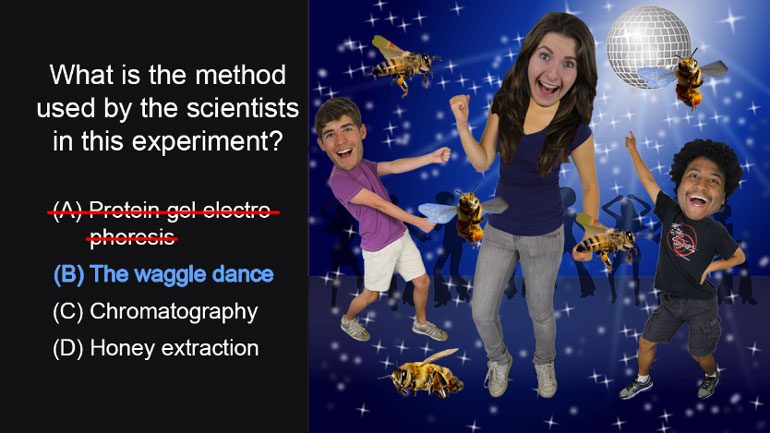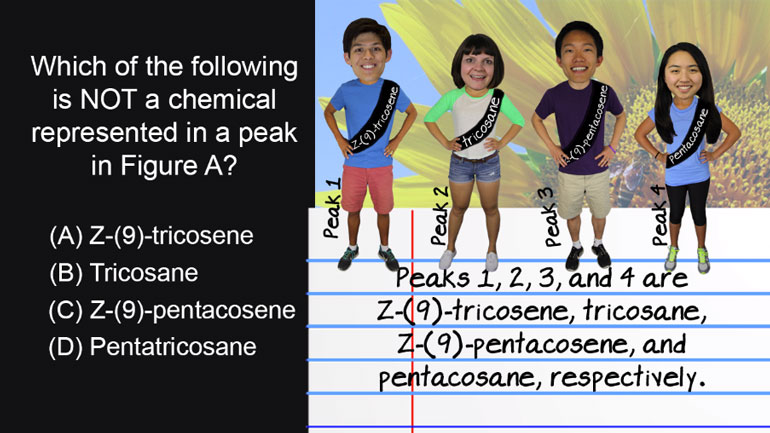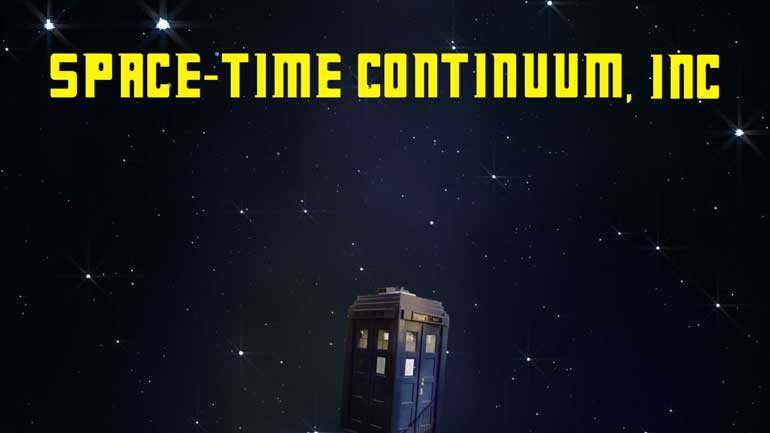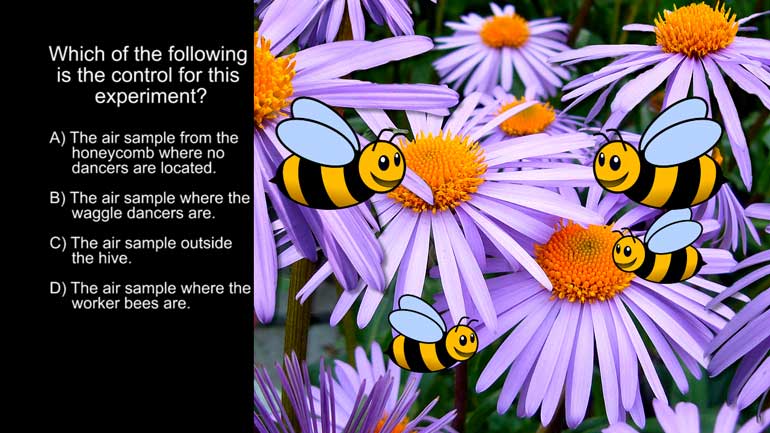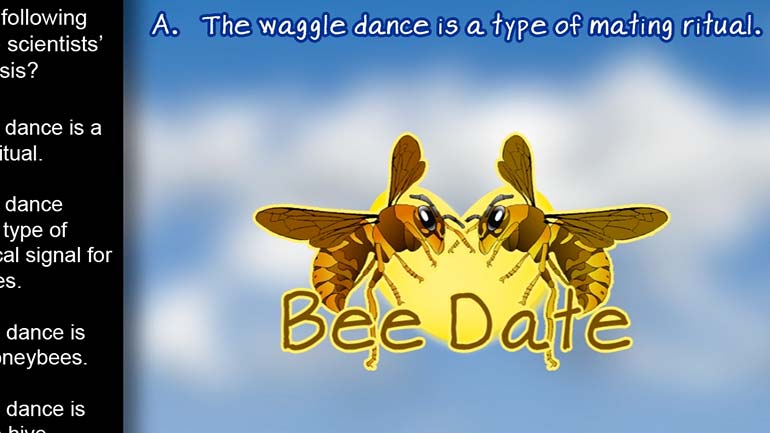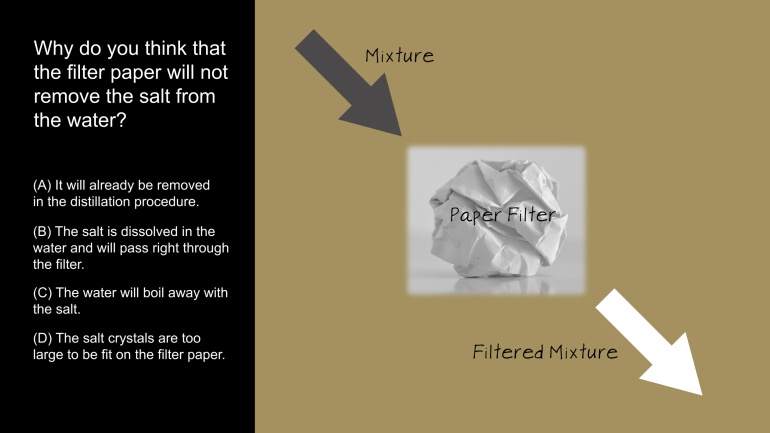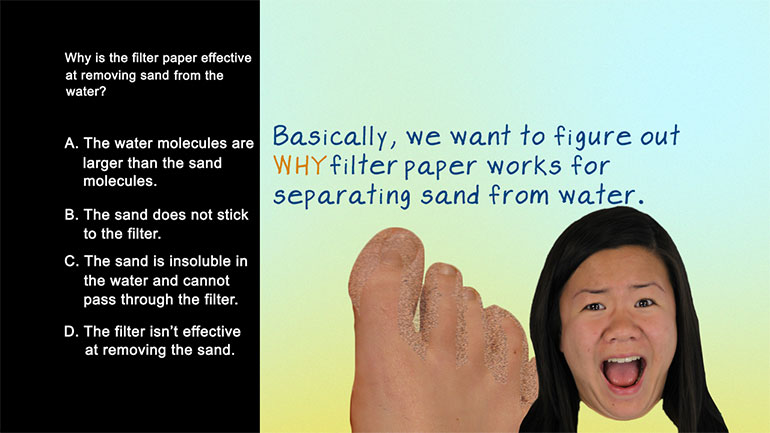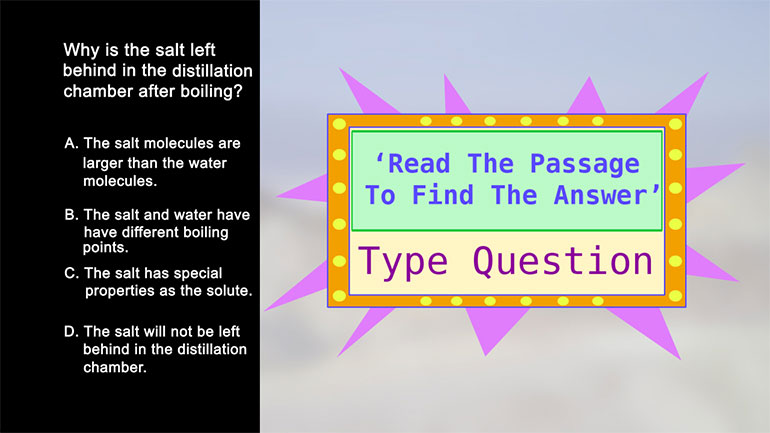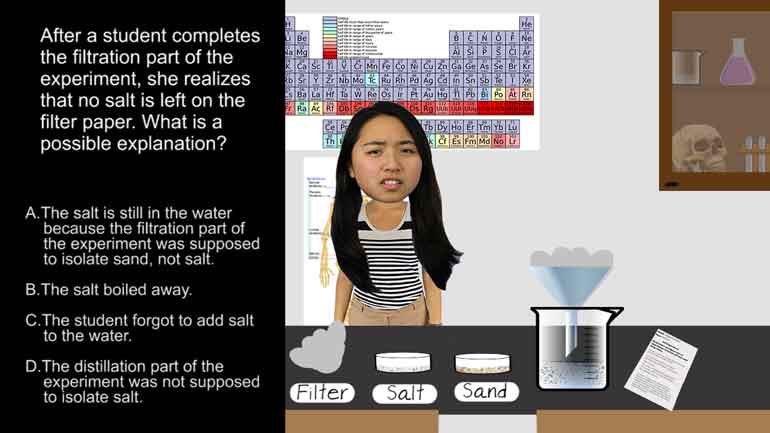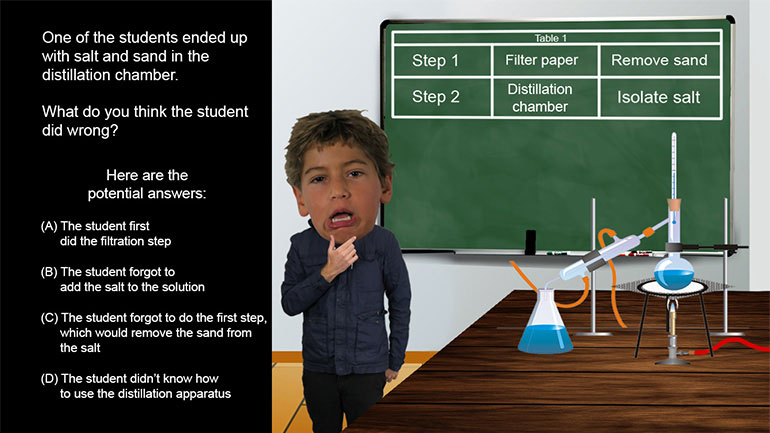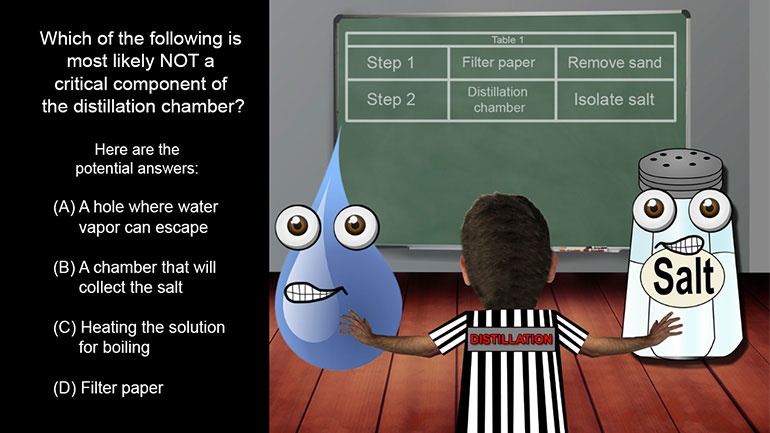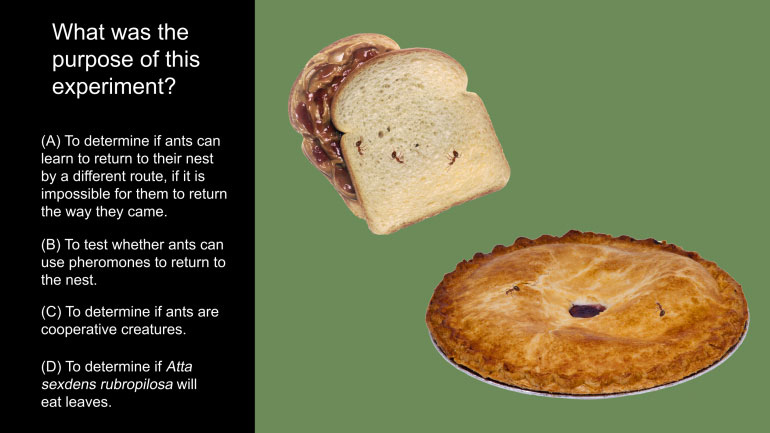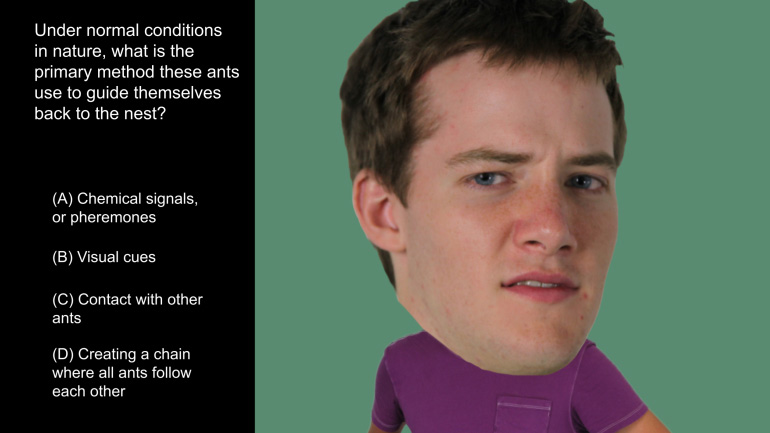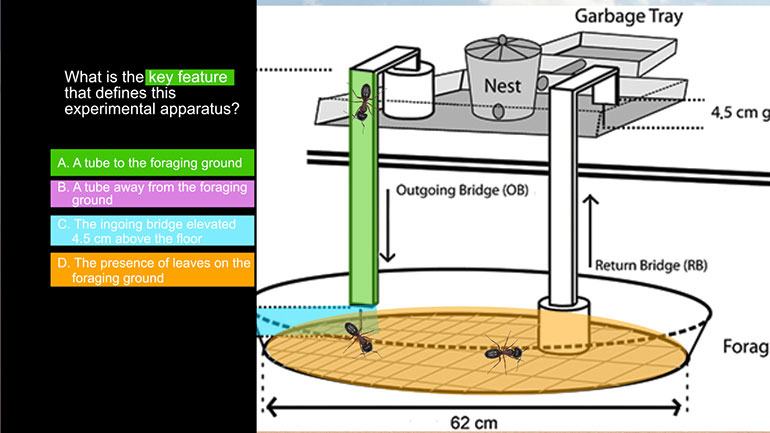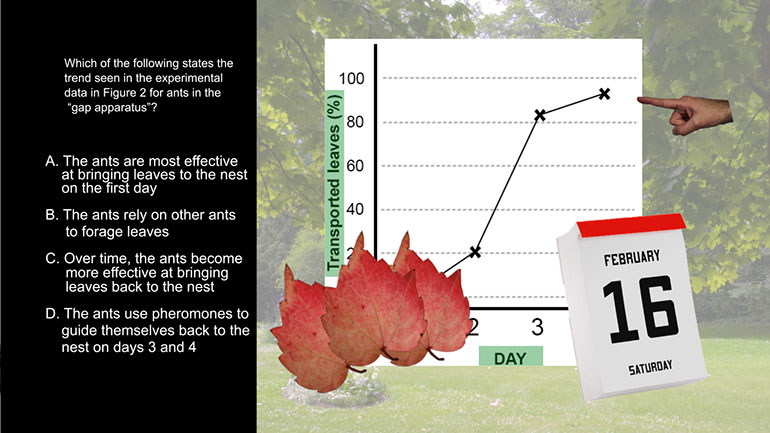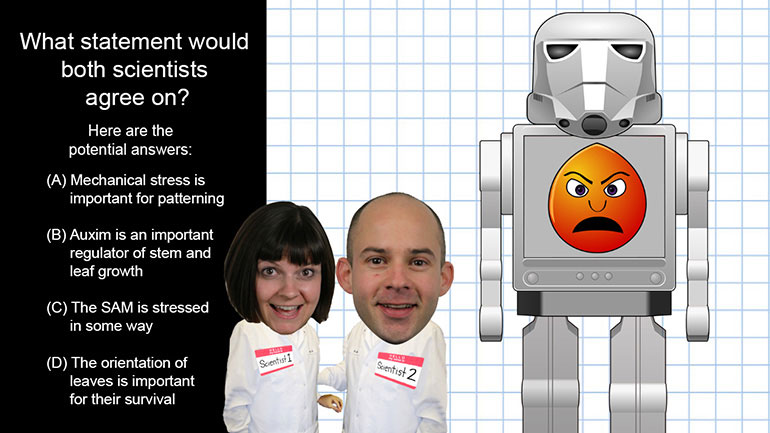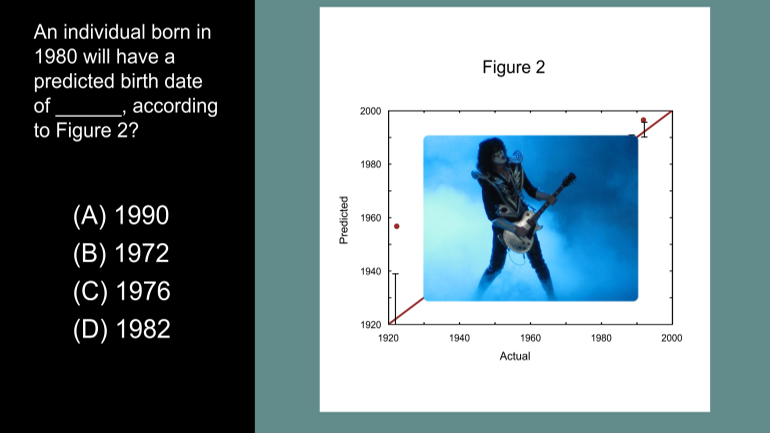ShmoopTube
Where Monty Python meets your 10th grade teacher.
Search Thousands of Shmoop Videos
Playlist ACT® Science Research Summary Passage 26 videos
ACT Science: Research Summary Passage Drill 1, Problem 1. What is the method used by the scientists in this experiment?
ACT Science: Research Summary Passage Drill 1, Problem 2. Which of the following is not a chemical represented in a peak in Figure A?
ACT Science: Research Summary Passage Drill 1, Problem 3. What is the time course of the experiment?
ACT Science 4.3 Research Summary Passage 178 Views
Share It!
Description:
ACT Science: Research Summary Passage Drill 4, Problem 3. What does the band marked C weigh closest to?
Transcript
- 00:03
Here’s your Shmoop du jour brought to you by John Dalton, a pioneer in the field of
- 00:07
tiny atomic masses, who probably weighed approximately 49 octillion daltons.
- 00:13
That’s, uh… 49 with 27 zeroes.
- 00:16
Here’s a passage about a technique used to separate proteins by weight.
- 00:24
The band marked C weighs closest to… what?
Full Transcript
- 00:28
And here are the potential answers…
- 00:32
Sounds like we’re being asked to read the figure and determine the weights of the proteins
- 00:35
shown—especially one in particular, right here: C.
- 00:39
The key running up the left edge of the chart gives the weight of the proteins in--
- 00:43
“kilodaltons,” if you’re fancy that's kDa. A Dalton is a very, very, very, very, very,
- 00:48
very tiny unit of mass measurement named after John Dalton.
- 00:51
We’re talking atomic-level, phenomenally tiny masses.
- 00:54
But that’s the nature of the beast when we’re dealing with something as tiny as proteins.
- 00:58
Anyhow, here we have protein C, and by following along to the key…
- 01:01
…we can see that protein C weighs about 90 kilodaltons.
- 01:05
So C’s our answer.
- 01:07
A far cry from Dalton’s daltons, indeed.
Related Videos
ACT Science: Research Summary Passage Drill 2, Problem 1. Why do you think that the filter paper will not remove the salt from the water?
ACT Science: Conflicting Viewpoint Passage Drill 1, Problem 1. What statement would both scientists agree upon?
ACT Science Data Representation Passage: Drill 3, Problem 5. According to Figure 2, what birth date will be predicted for an individual actual...
ACT Science: Data Representation Passage Drill 1, Problem 2. Which of the following is a variable in Figure 1, but not in Figure 2?
ACT Science: Data Representation Passage Drill 1, Problem 1. What do the statistics in Figure 1 suggest?
